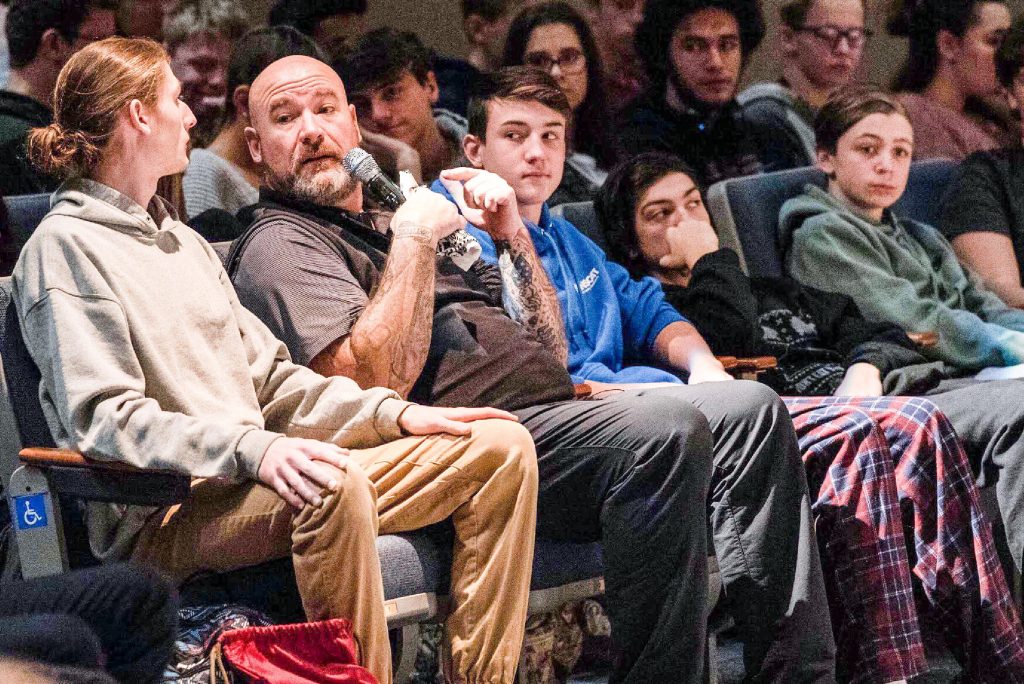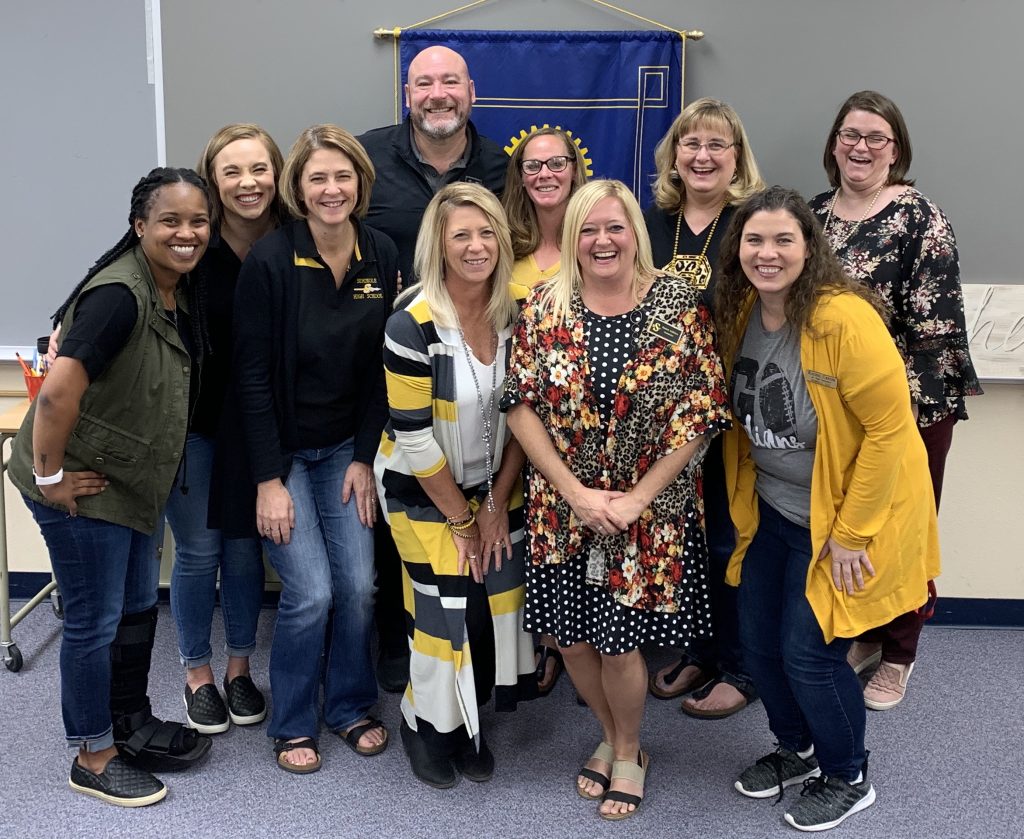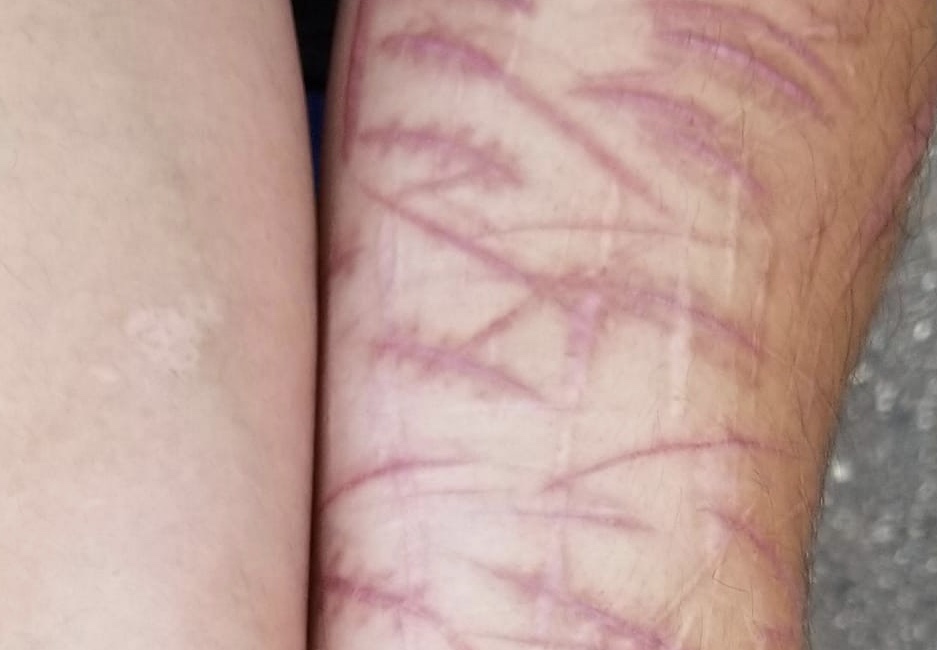Navigating Teen Life with Purpose: A Guide to Authentic Living

Jeff Yalden’s dynamic approach and unwavering support, Jeff empowers teens to navigate the ups and downs of adolescence with confidence and resilience.
“Unlocking Youth’s Potential: The Four Agreements as a Practical Guide to Transform Their Lives”

It’s a self-help guide that provides straightforward principles for leading a more fulfilling and peaceful life. These four agreements serve as a practical roadmap, offering four simple rules for achieving greater happiness and tranquility.
“Enhancing Teaching Practices: Building Trust and Connection with Students”

Best classroom practices for teachers to engage with their students. 10 Most Common Mistakes Teachers Make
Teens and Self-Harm

What you need to know about teens and self-harm. A major concern today with school counselors asking a lot of questions as their middle school and high school students are coming to them asking for help.
Teen Mental Health Support for School Counselors
Immediate non-clinical evidence based practice and support for teens in a mental health challenge or crisis.
3 Tips to Improve Teens Self-Esteem
Mental Health High School Motivational Speaker, Jeff Yalden talks self-esteem for teens.
Rochester & Rochester Hills School Communities
Rochester and Rochester Hills School Communities have suffered five teen suicides in two years. They’ve asked Jeff Yalden to speak to the community: Teens and Parents.
COVID-19 and Self-Care
One of the things that we most often forget in our desire and our compassion and empathy to want to help and serve people – is that we forget to take care of ourselves.
Why Teens Need a Mental Health Life Coach
Your teen needs a Teen Life Coach and a Mental Health Life Coach for support and encouragement and Jeff has been that trusted teen life coach for many years.
CORONAVIRUS: Managing Stress and Anxiety
In the above VIDEO, renowned mental health speaker and Amazon bestselling author Jeff Yalden lays out some important pointers to keep you present and centered in the midst of the global COVID-19 (Coronavirus) pandemic. How is your heart? Are you feeling OK in this time of uncertainty? How are you doing with your emotions and […]

